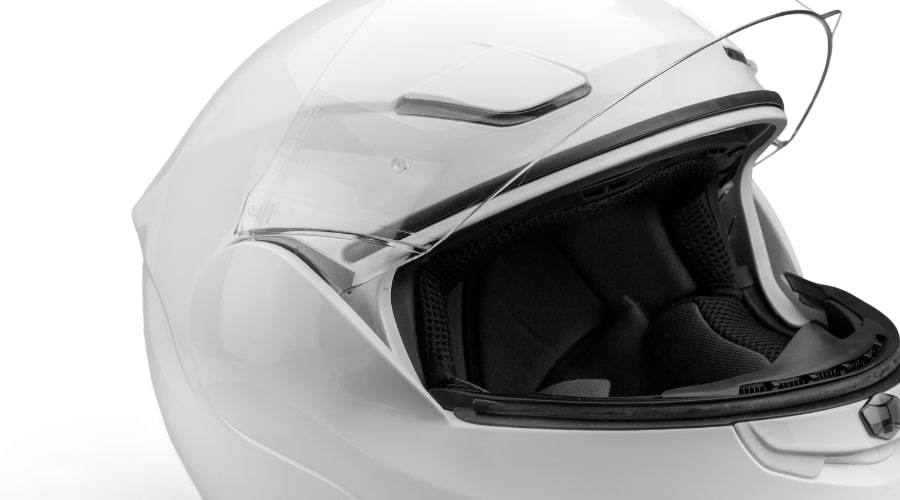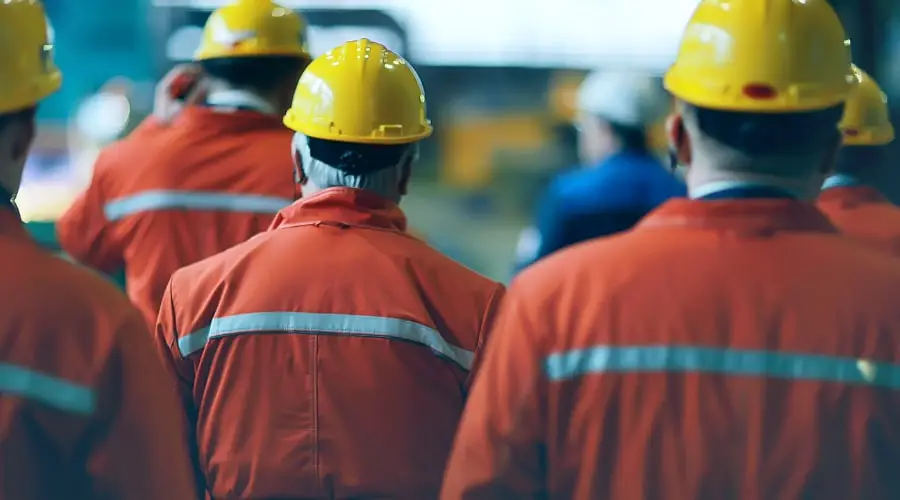Helmets have long been a crucial piece of protective gear, shielding our heads from potential injuries. From sports and construction to military and law enforcement, helmets play a vital role in safeguarding our well-being. But when it comes to the ultimate test of protection, the question arises: can any helmet stop a bullet?

In this comprehensive article, we delve into the fascinating world of helmet technology, exploring the limits of helmet protection and examining whether they can truly withstand the force of a bullet. Join us as we uncover the science, materials, and considerations involved, shedding light on this critical matter of personal safety.
Can Any Helmet Stop a Bullet?
When it comes to the idea of a helmet stopping a bullet, the simple answer is no. Traditional helmets, like those used for cycling or construction, are not designed to offer ballistic protection. These helmets are built to absorb impact from falls or collisions, dispersing the force across the helmet’s surface to minimize injury to the wearer.
To withstand a bullet’s extreme force and velocity, specialized helmets, known as ballistic helmets, are required. These helmets are engineered to provide effective protection against projectiles, such as bullets, shrapnel, and fragments, commonly encountered in combat zones or high-risk scenarios.
Understanding Ballistic Helmets
Ballistic helmets are meticulously designed and constructed to ensure maximum protection against bullet penetration. They are made using advanced materials, including aramid fibers (Kevlar) and ultra-high-molecular-weight polyethylene (UHMWPE), which possess exceptional strength and resist ballistic threats.
The Role of Helmet Materials
- Aramid Fibers (Kevlar)
- Ultra-High-Molecular-Weight Polyethylene (UHMWPE)
These materials offer outstanding tensile strength, energy absorption, and resistance to penetration. When a bullet strikes a ballistic helmet, these materials work in synergy to dissipate the energy and deform the bullet, significantly reducing its effectiveness. While they cannot completely negate the force, they greatly enhance the wearer’s chances of survival.
Factors Influencing Ballistic Helmet Effectiveness
The effectiveness of a ballistic helmet depends on various factors. Let’s explore some key elements that play a critical role in determining its protective capabilities.
Helmet Design and Construction
The design and construction of a ballistic helmet significantly impact its performance. Factors such as shape, thickness, and weight distribution are carefully considered to maximize protection without compromising mobility and comfort. Advanced design features, such as integrated suspension systems and adjustable chin straps, further enhance the helmet’s stability and fit.
Ballistic Protection Levels
Ballistic helmets are classified into different protection levels, commonly referred to as threat levels. These levels determine the helmet’s ability to resist specific ballistic threats. The most common standards used for ballistic helmet classification are the National Institute of Justice (NIJ) standard for law enforcement and the military’s Military Standard (MIL-STD) specifications.
Projectile Type and Velocity
The type of projectile and its velocity are crucial factors in determining a ballistic helmet’s ability to provide effective protection. Different helmets are designed to withstand various caliber bullets and specific velocities. Choosing a helmet that matches the anticipated threats is essential to ensure optimal safety.

Fit and Helmet Coverage
A properly fitted helmet with adequate coverage is paramount for optimal protection. Ill-fitting helmets or those with insufficient coverage can expose vulnerable areas of the head, increasing the risk of injury. Manufacturers often applied advanced techniques, such as multiple-size options, adjustable straps, and padding, to ensure a secure and comfortable fit for a wide range of head sizes.
Applied advanced techniques, such as multiple-size options, adjustable straps, and padding, to ensure a secure and comfortable fit for a wide range of head sizes.
Frequently Asked Questions
Can any helmet stop a bullet completely?
No, traditional helmets are not designed to stop bullets. Only specialized ballistic helmets are capable of providing effective protection against bullets and other ballistic threats.
How effective are ballistic helmets in stopping bullets?
Ballistic helmets are designed to significantly reduce the impact and deform the bullet, thus increasing the wearer’s chances of survival. However, their effectiveness depends on various factors such as design, materials used, and the specific threat level they are designed to withstand.
Are all ballistic helmets the same?
No, ballistic helmets come in different designs and protection levels. They are specifically tailored to different threats and environments, such as law enforcement, military operations, or high-risk security details.
Can a ballistic helmet protect against all types of bullets?
Ballistic helmets are designed to resist specific caliber bullets and velocities. They are not universally capable of protecting against all types of bullets. Choosing a helmet that matches the anticipated threats is essential to ensure proper protection.
Are ballistic helmets comfortable to wear?
Manufacturers invest considerable efforts in designing ballistic helmets to provide both protection and comfort. Features like adjustable straps, suspension systems, and padding enhance the overall fit and comfort of the helmet, ensuring that it can be worn for extended periods without causing discomfort.
Can civilians purchase ballistic helmets?
While ballistic helmets are primarily designed for military and law enforcement personnel, civilians can purchase them in some jurisdictions. However, specific regulations and restrictions may apply, and it is important to familiarize oneself with the local laws before acquiring such protective gear.
Conclusion
The answer to the question, “Can any helmet stop a bullet?” is a resounding no. Traditional helmets, while vital for protection against impacts and falls, are not designed to withstand the force of a bullet. To effectively protect against ballistic threats, specialized ballistic helmets are required.
Ballistic helmets utilize advanced materials and construction techniques to maximize protection and minimize the impact of bullets and other projectiles. However, their effectiveness depends on various factors such as design, materials used, and the specific threat level they are designed to withstand.
Helmetslab is a website that focuses on providing in-depth reviews and information about different types of helmets, including motorcycle helmets and others helmets. I am writing a post with proper research on the info that helps helmet users.

